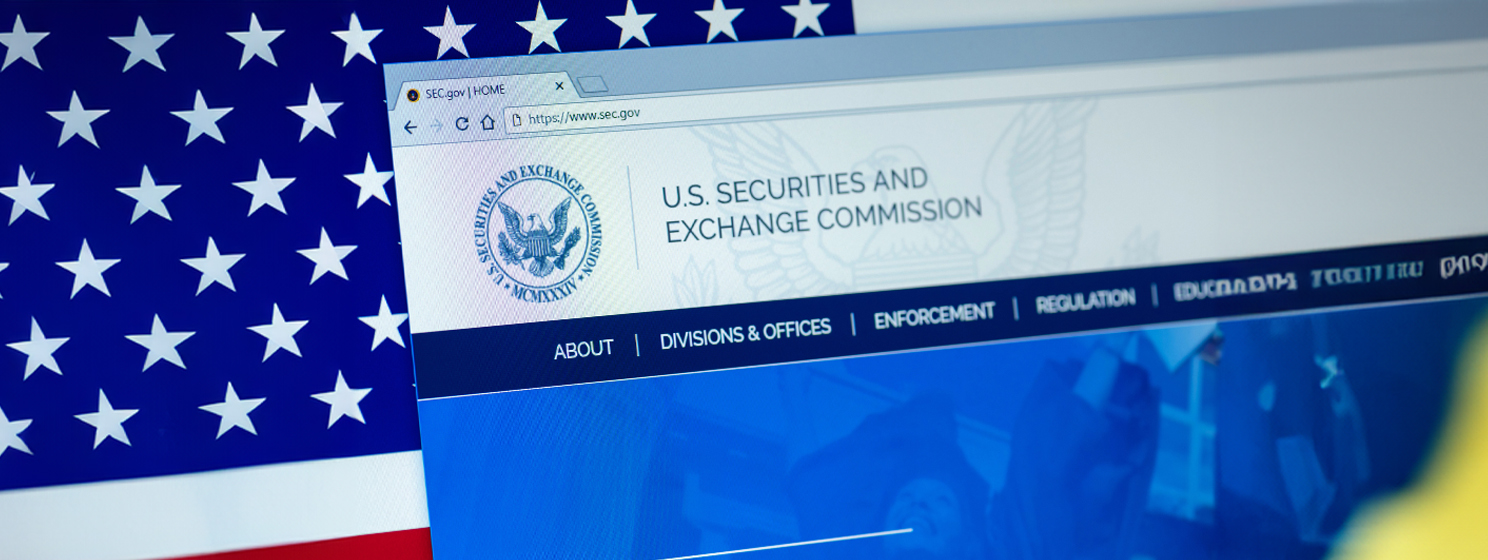
|
Getting your Trinity Audio player ready... |
The National Information Technology Development Agency (NITDA) has confirmed a restructuring of the country’s blockchain policy team to keep pace with global innovation. The new changes to the National Blockchain Policy Steering Committee (NBPSC) will focus on real-world use cases that are unique to the Nigerian economy, which is facing sky-high inflation.
Director-General of NITDA Kashifu Inuwa confirmed the change in policy direction at a blockchain symposium in Abuja, where several key industry players were in attendance. Inuwa disclosed to attendees that the new direction of the committee will explore a broad range of utilities outside of digital assets and decentralized finance (DeFi).
“Presently, we are still at the development stage of blockchain usage in Nigeria and because of that many people are not aware of the benefits of blockchain,” said Inuwa. “They think it is just about crypto alone but it is vast..”
Going forward, the NBPSC will probe the viability of use cases in the supply chain, public health, and real estate and improve information sharing among government agencies. Inuwa clarified that in the coming months, the technology could make a full-scale debut in finance by establishing transparent payment options.
Outside of the transparency perks, Inuwa says enterprises in Nigeria can save a fortune on transaction costs while offering consumers real-time payment functionalities.
To achieve the new policy direction, Inuwa confirmed NITDA’s intention to hire blockchain professionals of Nigerian descent to bolster the committee ranks. The new hiring spree will draw professionals from blockchain-based firms, academia, and government agencies, but there are fears that experts in the diaspora may be left out of the hiring.
“We realized there was a need to infuse some more members into the committee to ensure that we have full membership from the public and private sector to prevent anything that had occurred in the past,” said Inuwa.
Nigeria’s tango with blockchain
Nigeria has been inching toward full regulation of blockchain since 2020, but the efforts have been marred by a shortage of public consultation and unfavorable policies.
In 2022, the government imposed a ban on digital currency trading by financial institutions, following it up by shutting down the bank accounts of digital asset traders.
The government has turned to blockchain for its central bank digital currency (CBDC), but after nearly three years, the offering has yet to see mainstream traction.
Watch: The future has already arrived in Nigeria

 11-21-2024
11-21-2024


